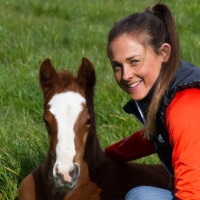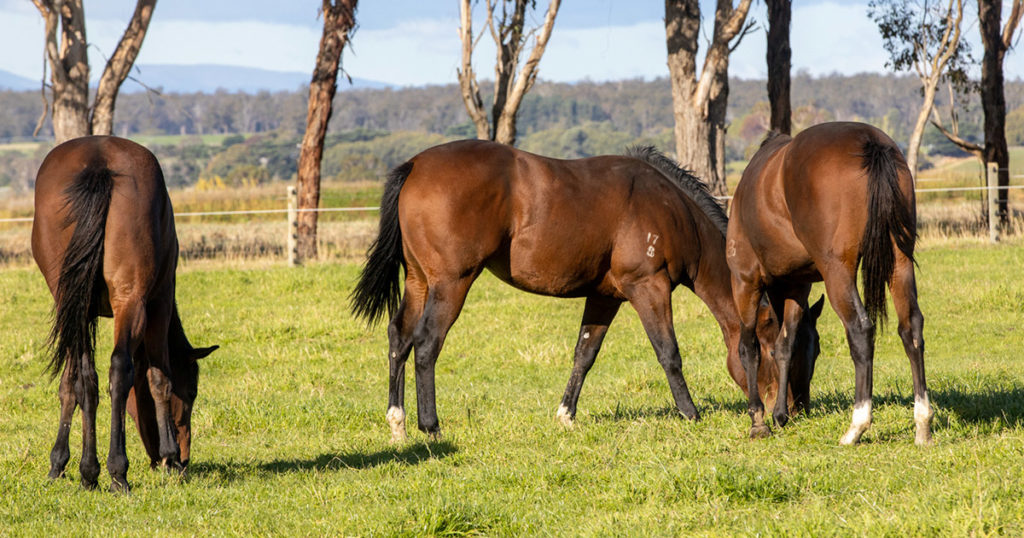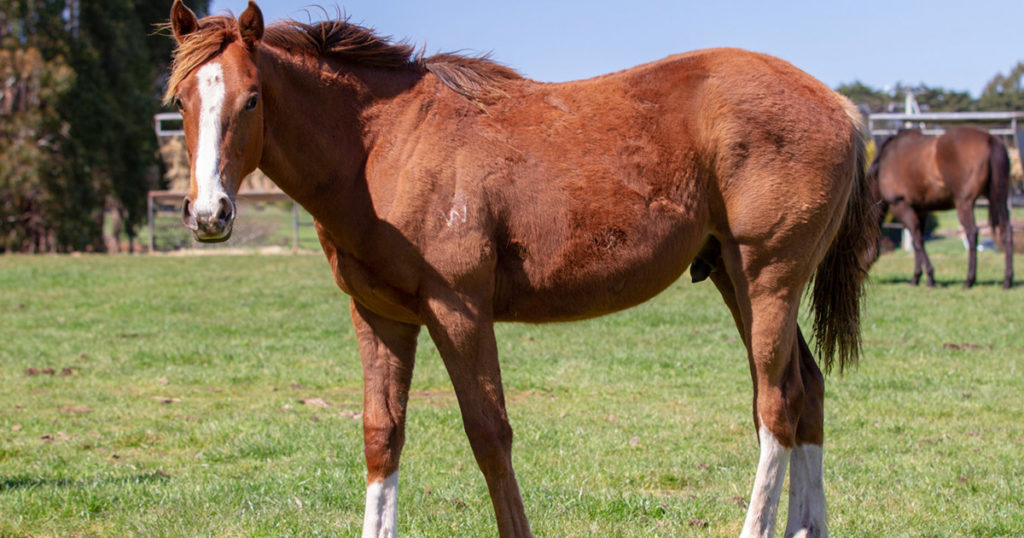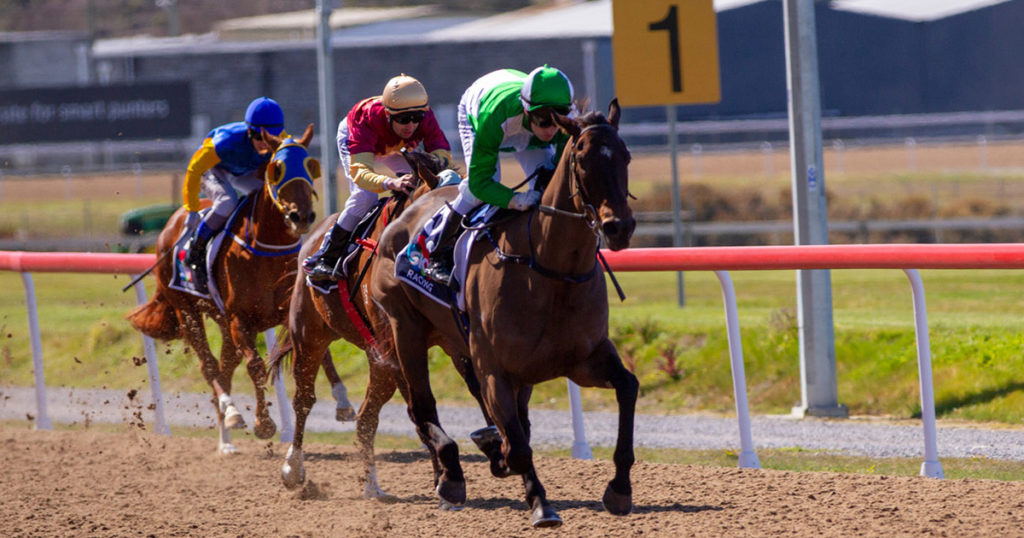Vitamin K is a most important nutrient, which is derived from bacterial synthesis in the horse’s large intestine. For optimal levels of vitamin K to be produced, the horse must have sufficient fibre/roughage in the diet and a healthy microbial population and composition in their GIT. Keep in mind that many of the most frequently used medications in the equine industry and commonly implemented management and feeding practices adversely alter the composition of the equine microbiome.
Vitamin K is known to be essential for bone mineralisation and calcium metabolism and improves bone calcification. Evidence suggests that vitamin K also improves insulin sensitivity and glucose tolerance, preventing insulin resistance.
The importance of promoting optimal GIT health in the equine must not be overlooked. The influence of GIT health is systemic. Yet another reason for looking at each horse holistically, evaluating and treating each horse as an individual.

Camilla Whishaw is a highly regarded, experienced horsewoman and naturopath, helping to holistically treat and manage a broad range of equine health conditions and injuries, with a passion for mare and stallion fertility.
As a world-renowned practitioner, presenter, author, and consultant in the field of Equine Naturopathy, Camilla shares her knowledge through keynote presentations, interviews, lectures, panel sessions, and workshop training.





